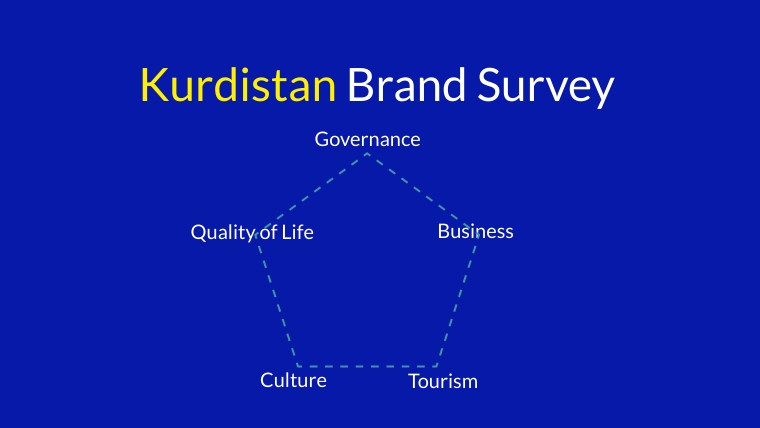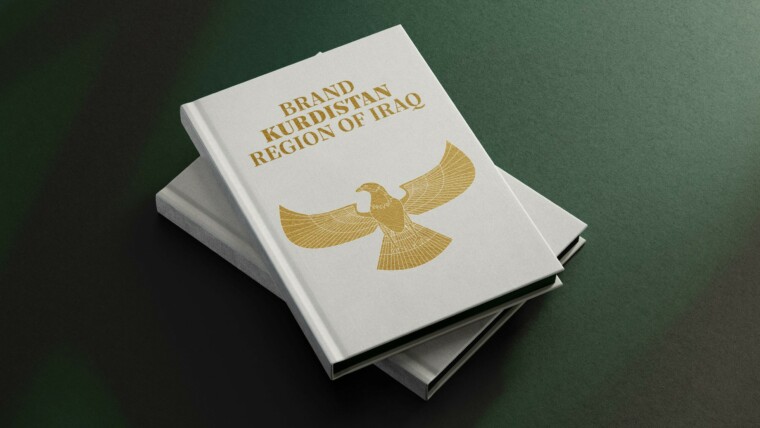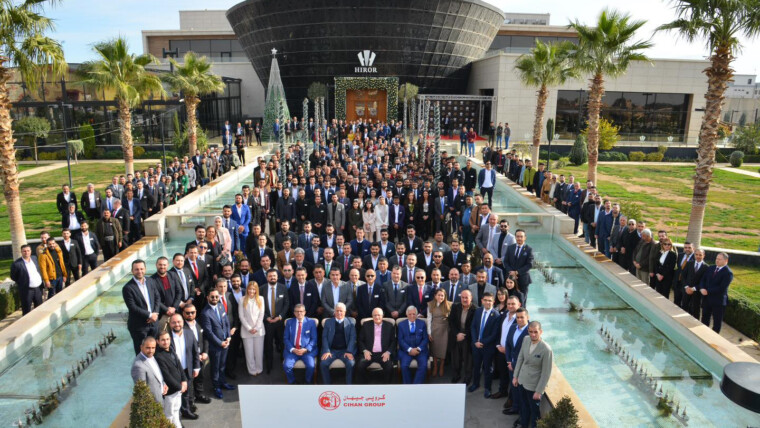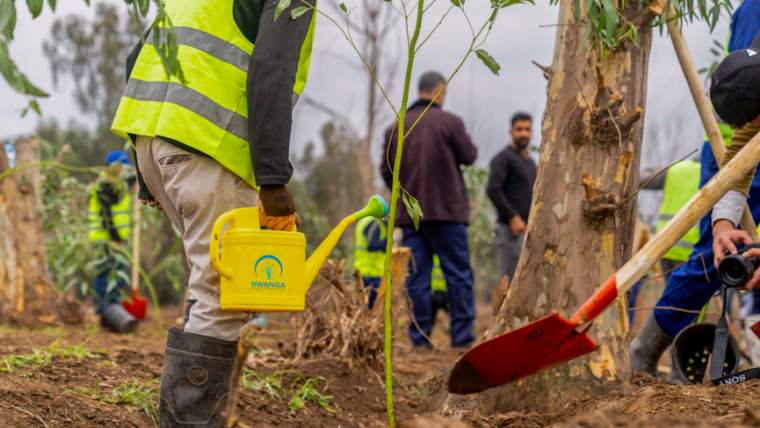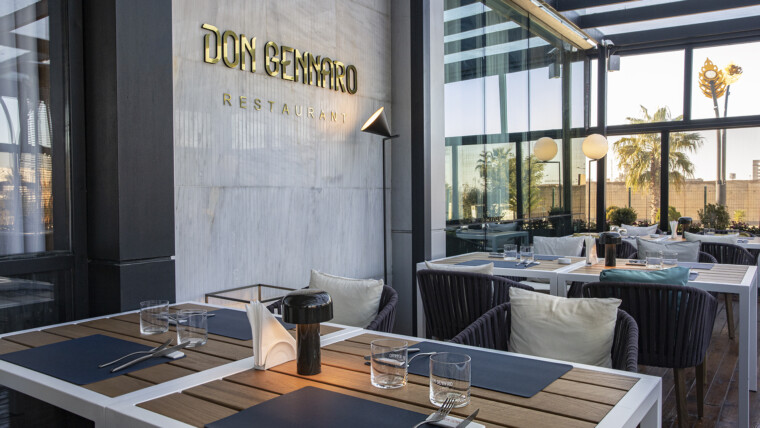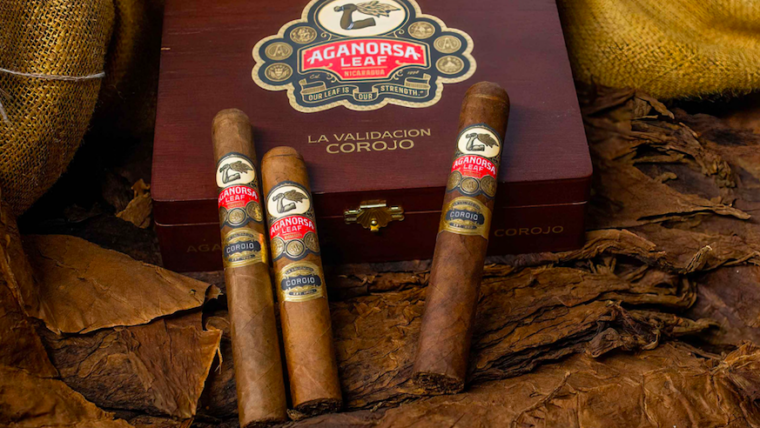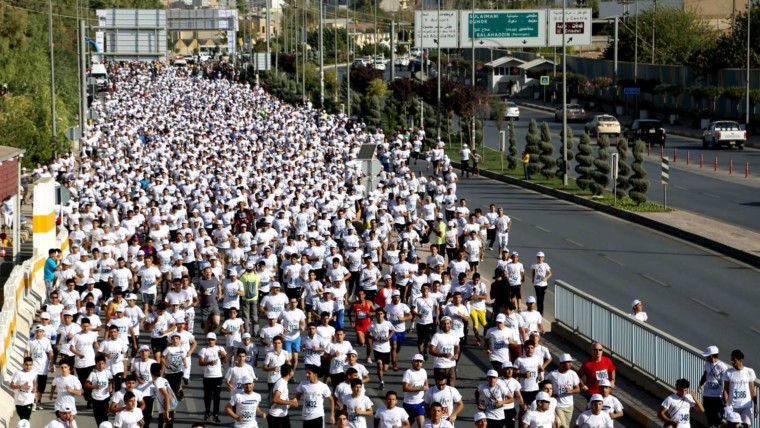In a rapidly changing world, countries, regions and cities are competing for attention in their quest to promote trade, attract tourists, investors, and talents, and encourage cultural and scientific exchange. The reputation of a place depends on the confidence of the rest of the world. This confidence is directly related to outsiders’ decisions to visit, invest in and recommend a country. In this survey, we set out to demonstrate the key drivers of the Kurdistan brand and its competitive advantages.
Performance by Dimension
We have focused on five dimensions to identify Kurdistan’s brand drivers: Governance, Business, Tourism, Quality of Life, Culture & Heritage
GOVERNANCE
Since the image and reputation of a place evolve gradually over time, it would be fair to say that Kurdistan’s story as a brand is just at the beginning. Although the Kurdistan Region of Iraq (KRI) was established in 1991, the KRI’s story started after the unification of two separate Kurdistan Regional Government (KRG) cabinets in 2006.
Kurdistan’s brand perception has changed in a number of important areas since 2006. The Kurdish leadership has worked hard to improve Kurdistan’s reputation, and to position Kurdistan as an investment destination of choice and trade partner since 2006. Thanks to the outstanding efforts of the Kurdish leadership, Kurdistan’s whole image and reputation, covering political, economic and cultural dimensions, on the international stage have been boosted in the last 15 years.
Parliamentary democracy
Kurdistan has had various defining moments which have propelled the brand forward in a hugely positive manner. One of the most notable was that of adopting parliamentary democracy as its governance model. Elections have been conducted freely and fairly in the KRI since the first Parliamentary elections were held in 1992. The latest and highly successful elections in 2018 reflected the maturing of Kurdistan’s democracy and a broadly inclusive and participatory electoral process.
International recognition
Kurdistan’s rise in the international arena is undeniably another defining driver in its journey. Thanks to a dynamic foreign policy based on developing good relations with its neighbors, the Kurdistan Regional Government (KRG) has rapidly improved its ties with foreign capitals throughout the world since 2006. From zero in 2006, the KRG has 14 Representations around the world and there are currently 39 foreign diplomatic missions in the KRI as of 2020.
Tolerance
Tolerance is a key value of the KRI. Since its early days, the KRG has introduced laws to promote and protect the rights and freedoms of religious minorities and to maintain peaceful co-existence in Kurdistan. All religious groups live together peacefully and enjoy relatively robust religious freedoms in Kurdistan.
Trusted partner for peace & stability
In its fight against ISIS and other terror groups, Kurdistan has been able to demonstrate to its regional and global partners that it is a trusted partner for peace and a factor for stability in Iraq and the wider region. Kurdistan has enjoyed stability, economic development, and peaceful coexistence among various religions and ethnicities, earning the respect of its regional and international partners.
Leadership
The President, the Prime Minister and Deputy Prime Minister are the key “brand champions” who lead and personify the regional and global positioning of the KRI. The leadership has the most influence over the content of those who speak and write about the KRI. President Nechirvan Barzani’s, PM Masrour Barzani’s and Deputy PM Qubad Talabani’s regional and international reputation and strong connections have boosted Kurdistan’s brand standing within the global community.
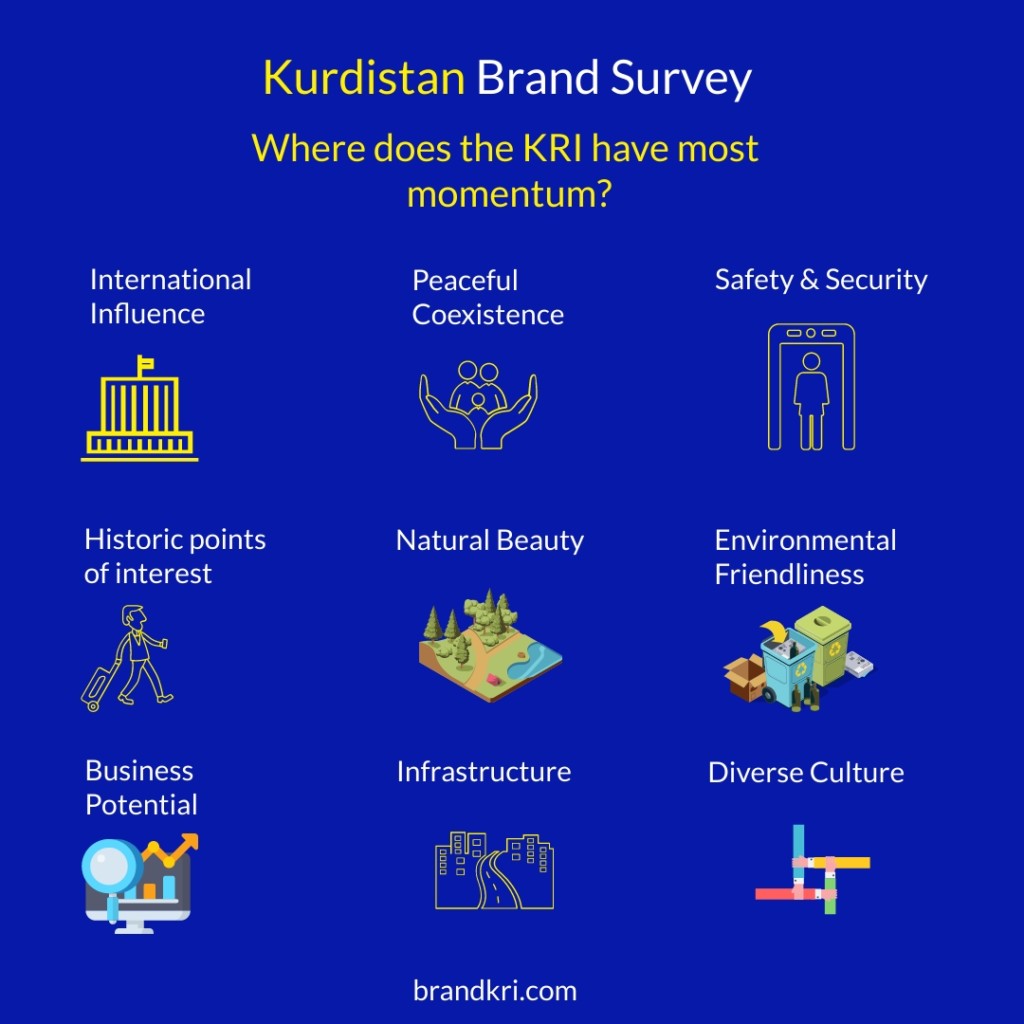
BUSINESS
Despite recent economic challenges, Kurdistan’s business landscape experienced an outstanding transition and remarkable achievements in the last 15 years. The hydrocarbon industry has played a pivotal role in the development and welfare of the KRI since 2006. Due to its abundant oil and gas resources and rapid economic development, Kurdistan was defined as the world’s last oil and gas frontier, and a possible “Dubai of the future” by the global business and investment community.
Reform Agenda
The KRG is stepping up structural reforms aimed at diversifying the economy and developing the private sector in order to provide the right commercial environment conducive to new business growth. The KRG also aggressively pushes for digitalization, which will cut bureaucracy and provide greater transparency in all sectors.
Kurdistan is experiencing significant transformation at the highest levels in terms of economic diversification, digitalization, transparency, and fighting corruption.
Digitization
New digital services and reduced bureaucracy are the main drivers of the KRG’s reform agenda to improve ease of doing business. The KRG is creating a digital “one-stop shop” to ensure business owners can quickly get the support and advice they need to thrive. This certainly means a more business-friendly environment in which new trade, investment, and related economic interactions will be fostered.
Kurdistan is making a difference among its peers with its ambitious digital transformation.
Transparency
Kurdistan aims to set the pace on boosting transparency in the Region as fighting corruption is a top priority of the KRG’s reform agenda. The leadership foresees that transparency in government revenues, taxation systems, and tendering processes is crucial in getting government revenues back on track, for winning the battle with corruption, and opening a new phase in relations between the government and the people of Kurdistan.
Kurdistan’s investment law is one of the friendliest to foreign investors in the Middle East.
Infrastructure
The KRG is well aware that its economic development will be determined by the ways infrastructure investment is implemented. Transportation networks, silos, electricity lines and water pipelines have been deemed a priority for infrastructure investment, and the KRG is directing significant levels of funding towards these projects.
TOURISM
Unfortunately, Kurdistan’s tourism potential has not been realized properly yet. Kurdistan needs proactive tourism brand management which can be built on much stronger perceptions of the Region’s natural beauty and ancient history. Considering its range of attractions, historic places, archeological sites, and untouched natural beauty, Kurdistan has huge potential to brand itself as a tourism destination.
The KRI’s tourism potential and offering have not been covered fairly and extensively in international media. Therefore, there are places on the world map where Kurdistan is completely unknown to most people, or where the image of Kurdistan is incorrect and outdated. Knowledge about Kurdistan is particularly poor among young people in countries far away. However, this is gradually changing.
Kurdistan offers tremendous attractions to people who want to connect with culture, heritage, and history.
Kurdistan, with a diversity of landscapes, culture and heritage, looks to raise its profile as an adventure and archeological tourism destination. The KRI sits on the ancient land of Mesopotamia, which is known as the cradle of civilization, the birthplace of agriculture, writing and law, host to the world’s oldest civilizations, cultures, and religions. Kurdistan, which has over 1,000 known archaeological sites, has an untapped wealth of potential in archeological tourism.
Another defining element of Kurdistan’s tourism is its stunning untouched nature. The Region is surrounded by beautiful, winding mountain ranges, with everything from hiking, skiing, and birdwatching on offer. Therefore, Kurdistan has the potential to become a regional draw for adventure-related activities and a popular place for outdoor tourism.
The KRI is also working on expanding its meetings, incentives, conferences and exhibitions (MICE) tourism sector.
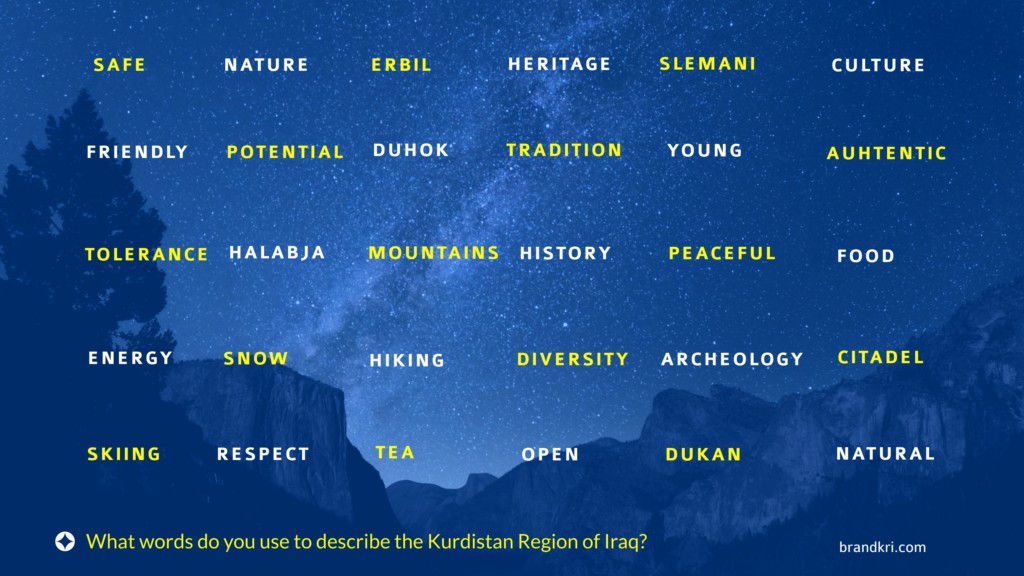
QUALITY OF LIFE
Quality of life is one of the most powerful drivers in influencing people’s perception and in decision-making about business and leisure. We zoom in on four subcategories — health, higher education, safety and environment —under the quality of life.
Higher Education
Both the public and private higher education sectors have seen rapid growth over the last two decades. Nineteen new universities have been founded in the KRI in the last 15 years. The KRI has a total of 26 universities today. This confirms the KRG’s commitment to reinforcing its human capital.
Safety
The KRG is determined to ensure that its citizens and all of its guests are able to live, work, and enjoy the blessings of peace in a safe environment. Despite the security warnings in Iraq or the surrounding region, the Kurdistan Region of Iraq is one of the safest places in the Middle East. There is minimal risk from crime, and tourists can move around in safety.
Environment
A reputation for environmental friendliness is a main driver of a place brand. Various environmental campaigns have been initiated in recent years to create more awareness about the importance of environmental protection among the public. The KRG is committed to supporting environmental protection and is working tirelessly to reduce air pollution and excessive use of plastics in Kurdistan.
Health
Despite acknowledged deficiencies in its healthcare system, the KRG has set out reforms to improve the quality and efficiency of Kurdistan’s health system in order to achieve health indicators in line with the Gulf States and Europe.
CULTURE & HERITAGE
Social cohesion, tolerance, and hospitality are the cornerstones of the Kurdish culture, which makes Kurdistan one of the welcoming places in the Middle East for outsiders.
Seven different religious groups – Muslims, Christians, Yezidi, Jews, Sabie Mandani, Zoroastrians and Bahais – live together peacefully and enjoy relatively robust religious freedoms in the KRI. When asked, over 80 percent of people agree with the following statement ‘all different religious and ethnic groups exist in Kurdistan need each other to prosper.’ This is significant as it indicates social and cultural harmony in the KRI. Kurdistanis agree that they need to work together in harmony and with a shared vision.
Kurdistan: A home to considerable religious and ethnic diversity
Our survey proves that the KRI has all the necessary cultural ingredients to brand itself as a hub for peaceful coexistence. Despite all the problems happening around them, the Kurdish model could become an example in terms of cultural cohesion. This is something that outsiders perceive as almost unique to Kurdistan: their strong tradition of hospitality and openness.
In a region with major challenges, Kurdistan’s tolerant society functions as a hub for peaceful coexistence.
Women’s rights
Women’s growing role in Kurdistan’s decision making in a number of sectors, including politics, business, education, media, and art is another distinctive cultural element of the Kurdistan brand.
Kurdistan has earned the respect of the international community by opening its doors for over one million refugees and IDPs.
A great increase has been observed in the number of activities related to sports, music and art in Kurdistan in recent years. In reality, branding Kurdistan belongs to all Kurdistanis, but especially the Kurdish youth — the true promoters of the Kurdistan brand. In recent years, young entrepreneurs have begun making an impact in fashion, design, media, and art. Youth plays a crucial role in putting Kurdistan’s image in the right direction.

